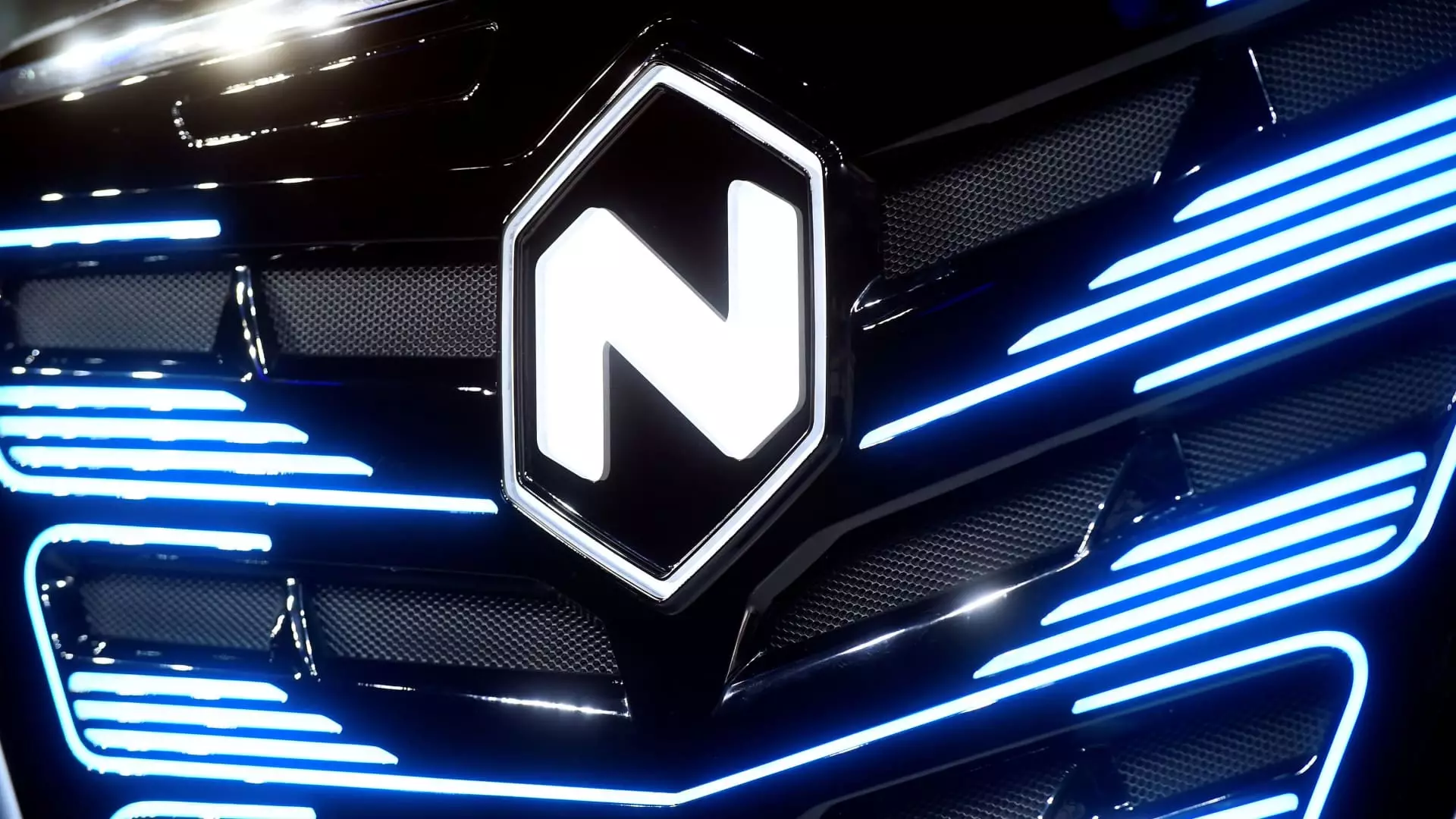The journey of Nikola Corp., once heralded as a revolutionary player in the electric vehicle (EV) market, has taken a dramatic turn leading to its recent declaration of bankruptcy. This article delves into the multitude of factors that contributed to Nikola’s rapid ascent and equally swift decline, painting a picture of ambition overshadowed by mismanagement, deception, and an inhospitable market landscape.
A Glorious Beginning: The Hype Surrounding Nikola
Founded with the vision of transforming the landscape of electric transportation, Nikola Corp. swiftly gained unprecedented attention. Peak valuation soared to an astonishing $30 billion in 2020, outpacing even established automotive giants like Ford. This meteoric rise was fueled by promises of groundbreaking technologies, including all-electric and hydrogen fuel cell semitrucks. The company’s collaboration with automotive titan General Motors, which entailed a $2 billion investment, only compounded its allure among investors, creating an expectation of an imminent breakthrough in sustainable transport solutions.
However, the excitement surrounding Nikola went beyond mere financial metrics. Positioned at the forefront of the booming EV market, Nikola tapped into a zeitgeist that craved innovative, environmentally considerate solutions to transportation challenges. As numerous startups pursued similar trajectories via Special Purpose Acquisition Companies (SPACs), Nikola became a symbol of this new wave of electric pioneers.
The Crumbling Facade: Scandals and Disillusionment
While Nikola’s initial promise captivated investors, beneath the surface lay a complicated and deteriorating reality. The downfall can be traced back to the controversies surrounding its founder, Trevor Milton. Misleading statements and fabricated claims about Nikola’s capabilities emerged starkly, chiefly driven by allegations from the short-seller Hindenburg Research. Milton’s conviction for fraud in 2022 not only tarnished the company’s reputation but also triggered a cascade of loss in investor confidence.
As the veil of deception was lifted, the market perception of Nikola shifted dramatically. Investors began to reckon with the stark disconnect between the company’s promises and its actual achievements. A significant worsening of circumstances ensued when it was revealed that, despite its ambitious initiatives, Nikola had only managed to produce a limited number of its promised products—600 semitrucks since 2022—with some facing recalls due to defects. The mounting financial struggles left the company gasping for a way to sustain its operations.
As Nikola entered 2023 under the new leadership of CEO Steve Girsky, efforts to rejuvenate the company focused on restructuring and forging potential partnerships. Yet, as cash reserves dwindled, the reality became stark. The company issued warnings to investors, outlining that without immediate and significant funding, its operations could sputter out as early as 2025. This dire situation culminated in a bankruptcy filing, signaling a search for potential buyers and a plea for court approval for asset auctions.
Nikola’s cash position, standing at approximately $198 million—not accounting for rising liabilities and operational costs—was insufficient to sustain its goals. This prompted the decision to pursue an auction process for its assets, marking a harrowing decline from the dream of a sustainable transportation future.
Nikola Corporation’s saga serves as a potent reminder of the volatility inherent in the EV industry and the broader landscape of high-stakes startups. The combination of market exuberance, speculative investments, and the potential for disillusionment can create a precarious environment for any ambitious startup. As the company’s fate hangs in the balance, it raises critical questions about governance, accountability, and the importance of transparency in the rapidly evolving field of innovative technologies.
In an industry poised for growth, Nikola’s downfall invites a critical self-reflection among stakeholders—investors, executives, and regulatory bodies alike. It emphasizes the need for due diligence and the cultivation of a corporate culture that values honesty and innovation over hype and deception. As we move forward, the lessons gleaned from Nikola’s rise and fall may illuminate the path for successful ventures in the ever-challenging domain of electric vehicles.

